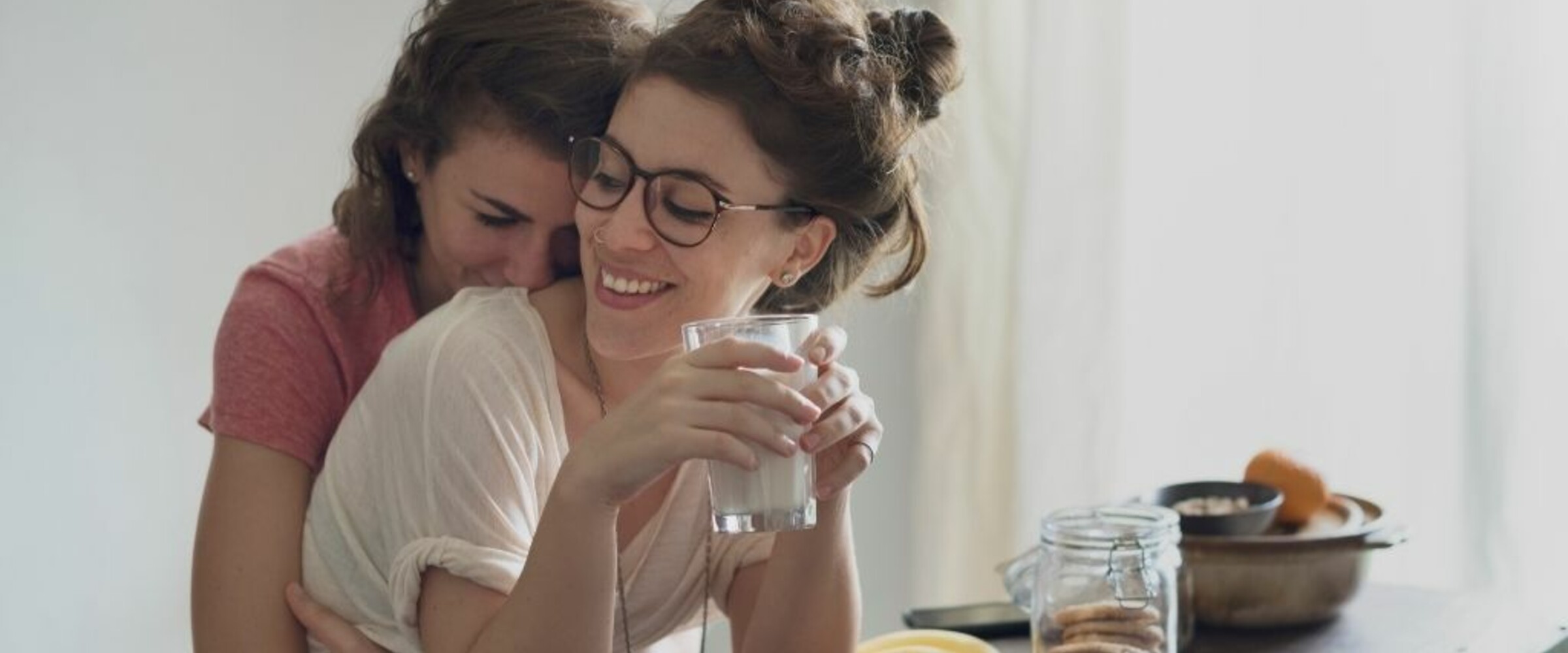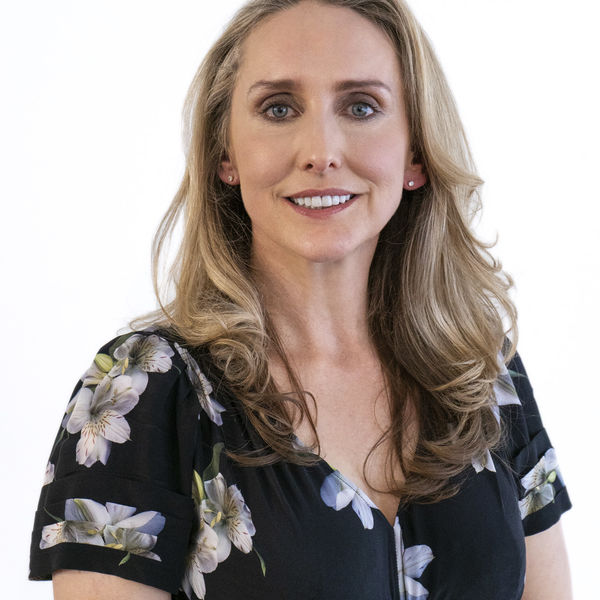
What are my options for starting a family? The LGBTQ+ Guide
When it comes to starting a family, there are many wonderfully diverse ways it can happen.
As a fertility specialist, I see many transgender patients and members of the LGBTQ+ community, and understand that it can be an overwhelming process when you start to consider your options.
Written by Dr Bronwyn Devine, fertility specialist at IVFAustralia
Whether you are just starting to research, or you’ve already begun the process, our doors are always open to have a chat and find out how we can help you achieve your dreams of having a family.
So, what are your options?
Same-sex female and those requiring donor sperm to conceive
Same-sex female couples will need to use donor sperm in order to help grow their family. I always recommend those requiring donor services to do so through a fertility clinic, because this is a safe and effective way of achieving pregnancy, as every donor goes through a rigorous screening process.
Treatment options using donor sperm
Generally people will come through first and try an intra-uterine insemination (IUI) cycle, because this tends to be more straightforward than IVF.
In NSW, if you undergo 3 insemination cycles using donor sperm and don’t fall pregnant, you would qualify for a Medicare rebate if you then decide to try IVF.
Some couples will try an ‘at home insemination’, where the sperm is usually put in at the top of the vagina. But the difference with doing IUI at a fertility clinic, is that the donor sperm is firstly cleaned in the laboratory, spun down so as to get the absolute best swimmers, and then carefully injected into the uterus – which is much closer to where the egg is located! We can either do this at the time of your natural cycle, or induce ovulation with medication.
If insemination doesn’t work, or if something more technical is required, you can do IVF or ICSI.
IVF or ICSI can be done using your own eggs with donor sperm, or you can in fact use your partner’s eggs, if your partner has eggs, and these eggs can be fertilized with donor sperm to create an embryo. The embryo can then be transferred to the uterus of the other member of the couple, which is called Embryo Sharing.
This can be a beautiful way for a couple to have a baby together. But it’s really up to you how you would like to grow your family!
Same-sex male or if you require donor eggs and/or surrogacy to start a family
Most commonly, if you’re a same-sex male couple, you will require an egg donor and surrogate in order to help create your family.
You may wish to ask a friend or relative to provide a donor egg, but of course the egg donor cannot be a relative of the person providing the sperm.
It’s important to be aware that while overseas clinics may have paid egg donation programs, embryos created overseas may not be able to be shipped to Australia due to legislation.
There are communities online such as Egg Donor Angels and Egg Donation Australia which can provide support and help find egg donors.
And surrogacy IS legal in Australia, as long as the surrogacy is altruistic. Compensation can be covered by the intended parents for things such as travel, obstetric care, etc., but they cannot be paid specifically for surrogacy.
At IVFAustralia, we aren’t able to procure or recruit a surrogate for you, but we are of course happy to assist you throughout the surrogacy process once you have found a surrogate. Surrogacy Australia and Growing Families are also a great resource for those starting out this process.
You can read more about surrogacy in Australia here.
Options for gender diverse people
Some of the options I’ve already discussed can of course apply to gender diverse people, but there can also be specific recommendations for those who have started or are considering starting an affirming medical or surgical therapy. This is because these therapies sometimes have the potential to limit your fertility down the track.
Many transgender, transsexual and gender nonconforming people will want to have children, and ever since 2014, the World Professional Association for Transgender Health (WPATH) states that anybody who seeks to transition should be advised and certainly be given the option to preserve their fertility.
You may or may not choose to go down the fertility preservation route, but it’s important to be aware of the options.
Fertility preservation options can include:
- Sperm freezing
- Embryo freezing (fertilizing eggs and then freezing those embryos)
- Egg freezing
- Freezing gonadal tissue (much less common and not as viable for someone considering transitioning)
Egg freezing can be done at any time during your transition. If you’ve been using testosterone, you will need to stop the testosterone for a brief period of time, then have injections for about two weeks. Monitoring and blood tests will reveal the growth of the eggs, and after two weeks you’ll undergo a minor surgical procedure to remove your eggs without incisions or stitches. You can then resume your testosterone treatment once the procedure is over.
What about carrying a pregnancy?
If a uterus is present, successful pregnancy is possible, regardless of prior testosterone use.
For those born without a uterus or those who have undergone hysterectomy, pregnancy and birth are not yet possible.
About Us
At IVFAustralia, as well as our sister clinics Melbourne IVF, TasIVF, and Queensland Fertility Group, we provide a comprehensive and supportive donor program to assist anyone needing donor sperm, eggs or embryos; or a surrogate to help you have a baby.
If you would like to learn more, feel free to contact us at 1800 111 483.
